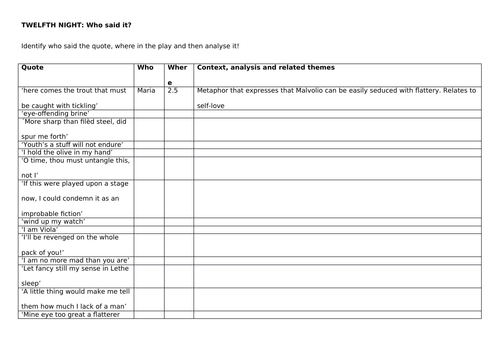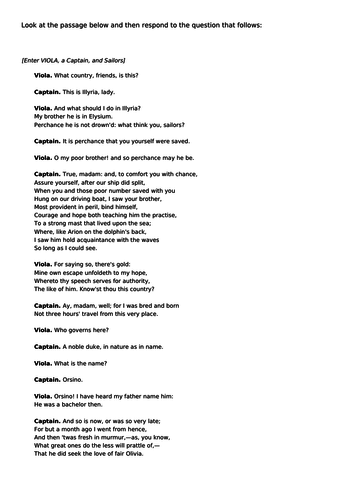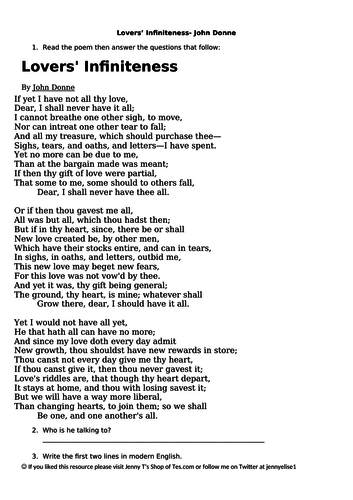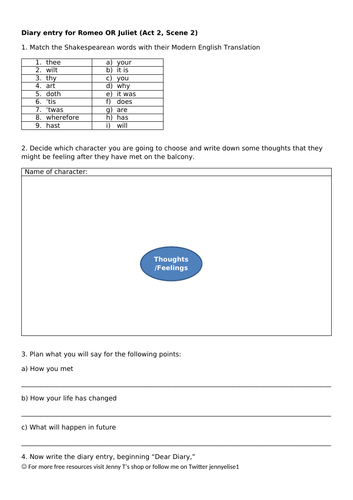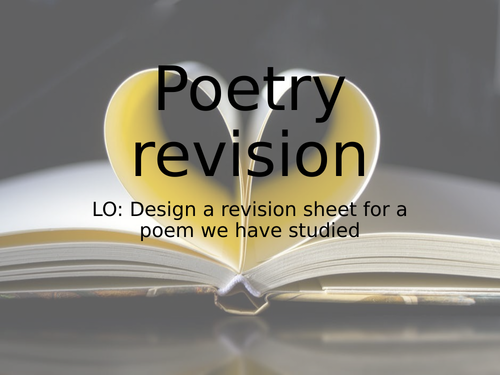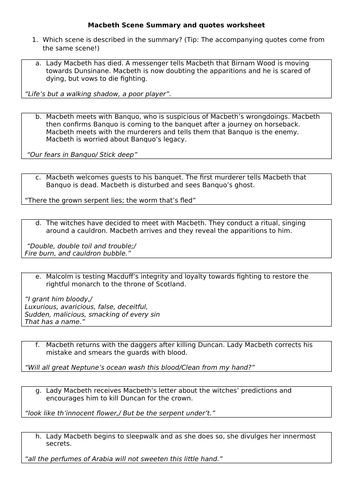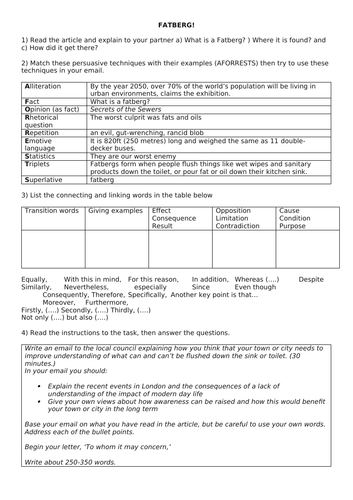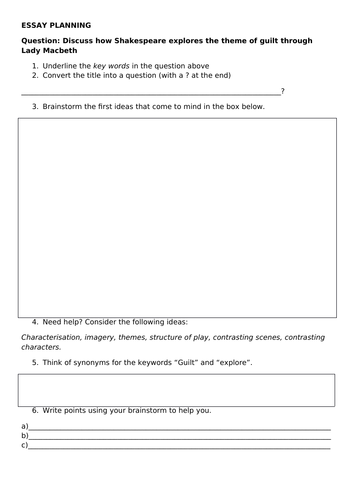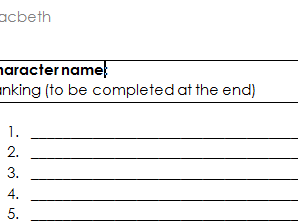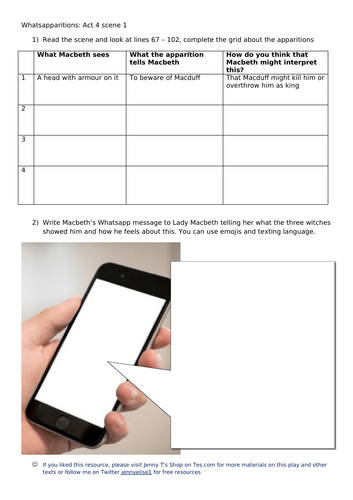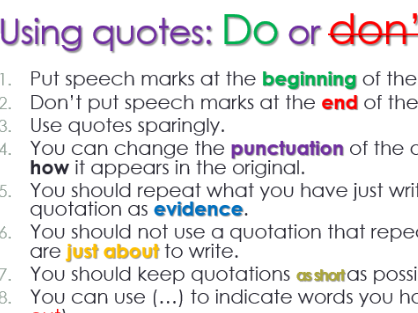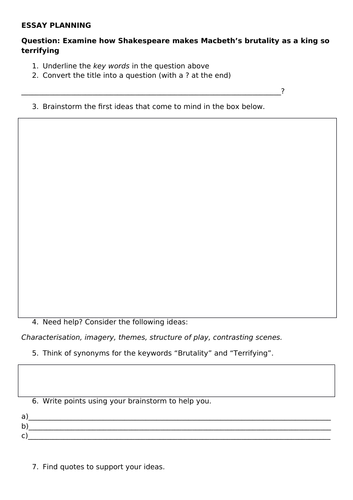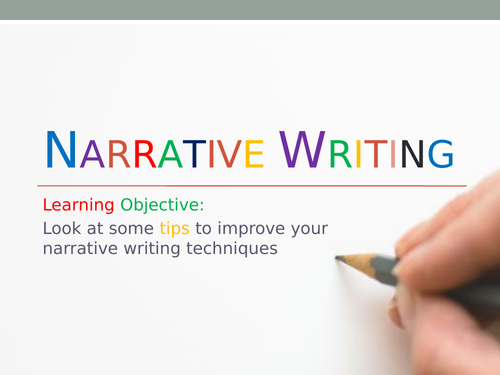Milly Moo's Shop
Welcome to my shop! I create materials for KS3,4 and 5 English Literature and Language. These resources are designed to form the basis for interactive classwork and learning, with a style that is designed to appeal to teenagers. I love making materials to support my teaching and am pleased to be able to share them with you! I am constantly tweaking resources to make them better, so your commetns would be welcomed!

